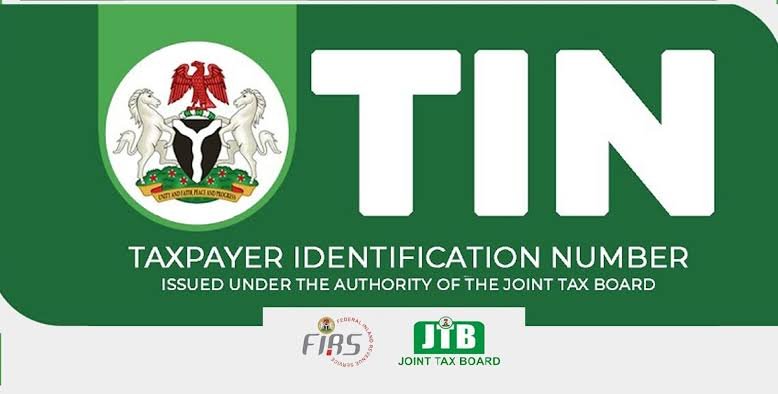
The recent law passed in Nigeria mandating a Tax Identification Number (TIN) for opening bank accounts is part of the government’s broader effort to improve tax compliance and boost revenue collection. This measure is also aimed at formalizing the economy, which has a large informal sector, and ensuring that more citizens and businesses are brought under the tax net.
Overview of the Law
The new legislation requires individuals and businesses to provide a valid TIN before they can open new bank accounts or continue using existing accounts. This policy is intended to curb tax evasion and improve transparency in financial transactions. The TIN is a unique number assigned to taxpayers by the Federal Inland Revenue Service (FIRS), enabling the government to track and ensure compliance with tax obligations.
The law targets both personal and corporate accounts, meaning individuals, sole proprietors, and larger companies must comply. Banks are now required to verify the tax status of account holders and ensure that they are registered with the tax authorities before granting them access to banking services. Failure to do so could result in fines for non-compliance, or suspension of the account.
How Nigerians Can Get Their Tax ID (TIN)
For Individuals
- Visit the Federal Inland Revenue Service (FIRS) office or apply online through the FIRS e-portal. or To begin, visit the Joint Tax Board (JTB) website and fill out the online form.
- Complete the TIN registration form, providing personal information such as name, date of birth, address, and means of identification (National ID card, Voter’s card, or International Passport).
- Once the form is submitted and validated, a TIN will be issued within a few days.
For Businesses
- Corporations and other legal entities need to first register with the Corporate Affairs Commission (CAC).
- After obtaining the CAC registration certificate, the business can proceed to the FIRS for TIN registration.
- The company needs to provide its CAC certificate, business name, office address, and details of the business owners or directors.
- The TIN for businesses is usually issued upon completion of this process.
Online Application: Nigerians can also apply for their TIN online through the FIRS TaxPro-Max platform, where they can create an account, upload the necessary documents, and complete the application digitally.
Through Banks: Some Nigerian banks now assist their customers with obtaining a TIN. When opening a bank account, individuals or businesses can request that the bank facilitate their TIN application as part of the account opening process.
Benefits of the TIN Requirement
Improved Tax Compliance: This law helps ensure that all citizens and businesses contribute their fair share to government revenue. With the TIN being a mandatory requirement for financial transactions, individuals and companies will find it harder to evade taxes, thereby improving overall tax compliance.
Formalization of the Informal Sector: Many Nigerians operate in the informal sector, where taxation is often overlooked. By linking banking services to tax registration, the government can encourage more people to formalize their businesses, thereby expanding the tax base.
Transparency in Financial Transactions: The new requirement will help monitor the flow of money more effectively, ensuring that all taxable income is properly accounted for. This transparency could help curb money laundering, fraud, and other financial crimes, as financial institutions will have better oversight of account holders.
Enhanced Government Revenue: With increased tax compliance, the government can generate more revenue, which can be invested in national development projects like infrastructure, education, and healthcare. This could also reduce the country’s reliance on oil revenue by expanding the tax base.
Facilitating International Trade and Business: For businesses, having a TIN is essential for complying with international tax regulations. This can improve the credibility of Nigerian companies, making it easier for them to engage in cross-border trade and establish partnerships with foreign entities.
Access to Government Benefits: Individuals with a TIN will have easier access to government services and programs, especially as the government continues to digitize its processes. This could include benefits like loans, grants, and tax relief programs, which would be accessible only to registered taxpayers.
Conclusion
The new law mandating TIN for opening bank accounts marks a significant step toward strengthening Nigeria’s tax system. While it places an additional responsibility on Nigerians to comply, it also offers long-term benefits by fostering accountability, improving government revenue, and enhancing economic growth. With easier methods for obtaining a TIN, including online platforms and bank assistance, compliance has been made more accessible, ensuring that the financial system operates more transparently and inclusively.